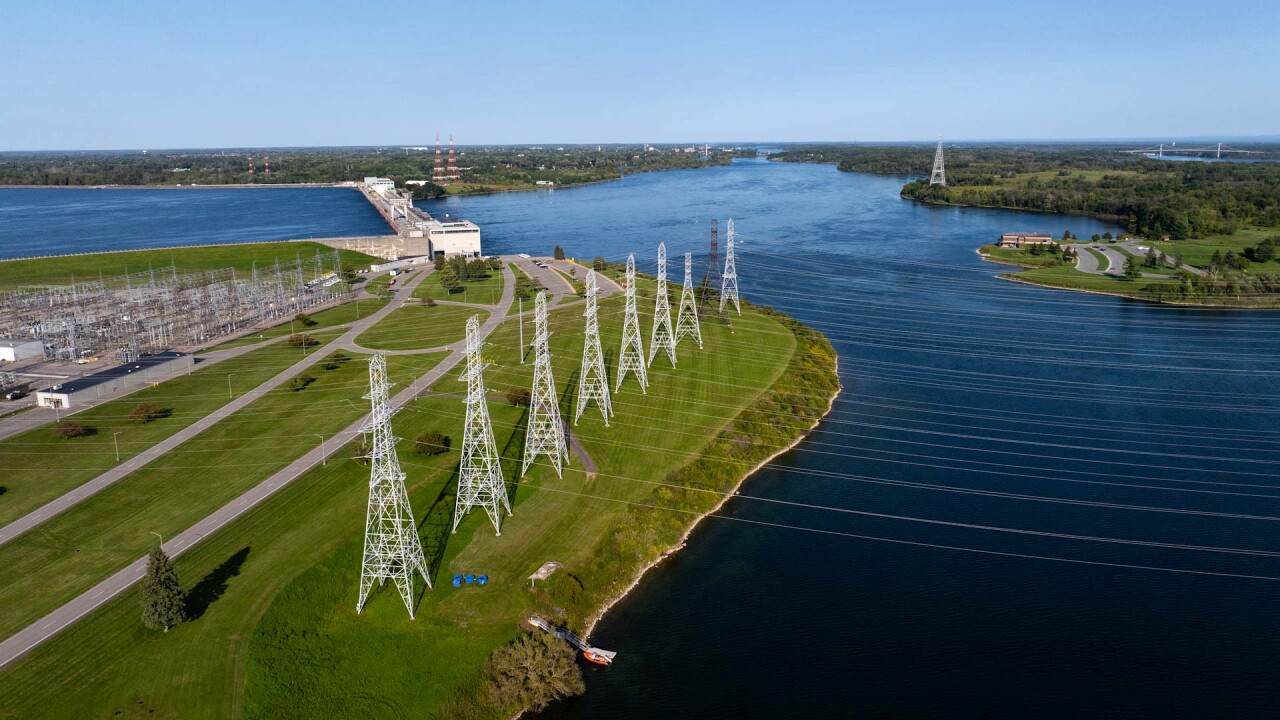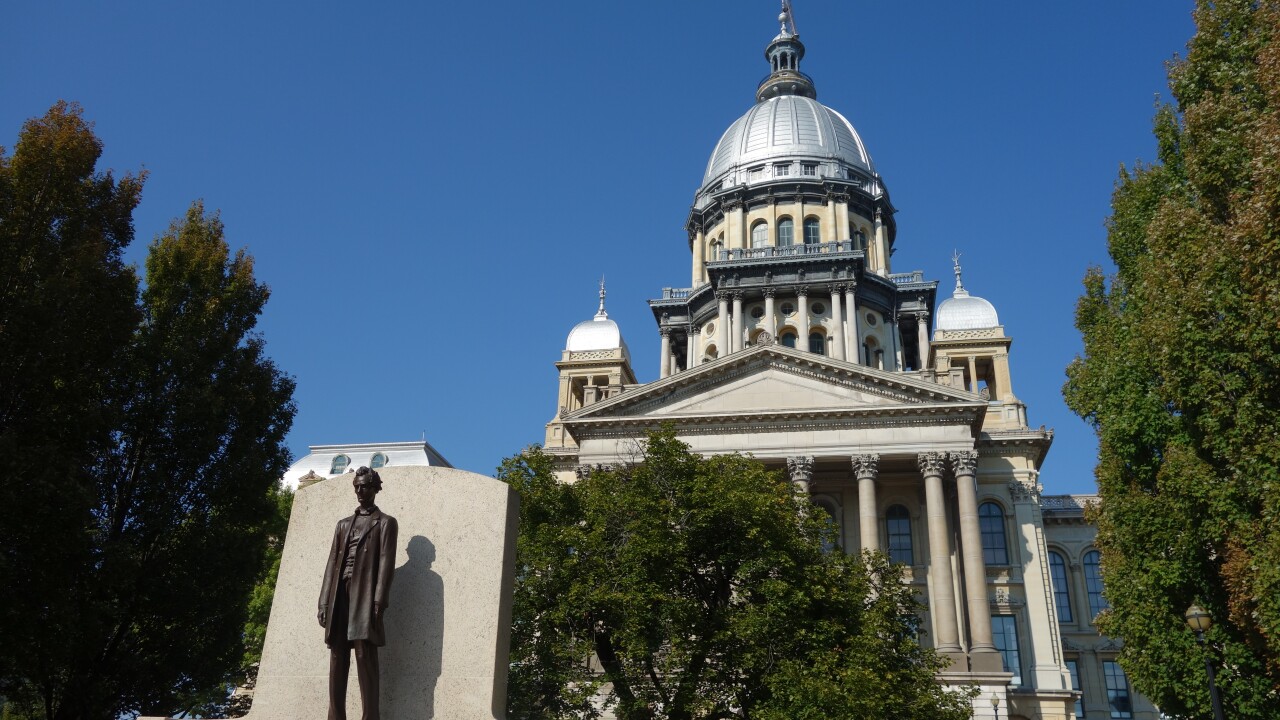CHICAGO — A central Indiana task force
The group proposes creating a bond-issuing authority to oversee the regional transportation system and entering into public-private partnerships whenever possible to help to mitigate costs.
The task force, a private-sector collaboration of the Greater Indianapolis Chamber of Commerce, the Central Indiana Corporate Partnership, and the Central Indiana Community Foundation, has spent the last year studying the region’s system.
It unveiled its recommendations yesterday in downtown Indianapolis and said it plans to spend 2010 holding public meetings to refine the plan and setting up a body to govern the new system. In 2011 the group hopes to begin lobbying state lawmakers to put a sales tax proposal on the ballot.
“This will be the year for a discussion,” Mayor Greg Ballard said at the press conference where the plan was released. “This is not a take-it-or-leave-it proposal.”
The plan would tap into the current $8.9 billion, 25-year roadway expansion plan, deferring about $600 million of previously planned local road projects and shifting that money to other transportation infrastructure projects.
Additional costs would be covered by imposing a local sales tax of 0.35% to 0.50% on top of the state’s current 7% tax.
“For over 60 years, our transportation strategy has focused almost entirely on building more and better highways, a strategy that produced both notable benefits and shortcomings,” the group noted in a report outlining its proposal. “Continuing our current transportation strategy will not adequately meet our needs in an increasingly competitive world.”
Building express toll lanes on state highways running through Indianapolis would cost $21 million and $13.2 million annually to operate — but would bring in more than $29 million annually, generating a surplus that could be used for other projects, the group estimated. Drivers could opt to pay a toll to use the express lanes, which would have the added benefit of easing congestion.
An expanded bus and rail system would cost $2.4 billion to build, plus $107 million to operate annually. Riders would pay for about 20% of annual operating costs, and $56 million would come from the existing IndyGo bus system. New revenue from the local sales tax would generate the rest, the group said. The rail system would feature new light-rail and passenger trains along existing freight rails.
The new system would create 4,500 new jobs and more than $27 billion in economic development, as well as a 4% increase in property values for buildings located near rail service in Marion County, the task force said.
The state funds its transportation costs with local, federal, and state sources, but the group focused on local funding, which currently pays for 60% of capital costs and more than 90% of operating costs.





